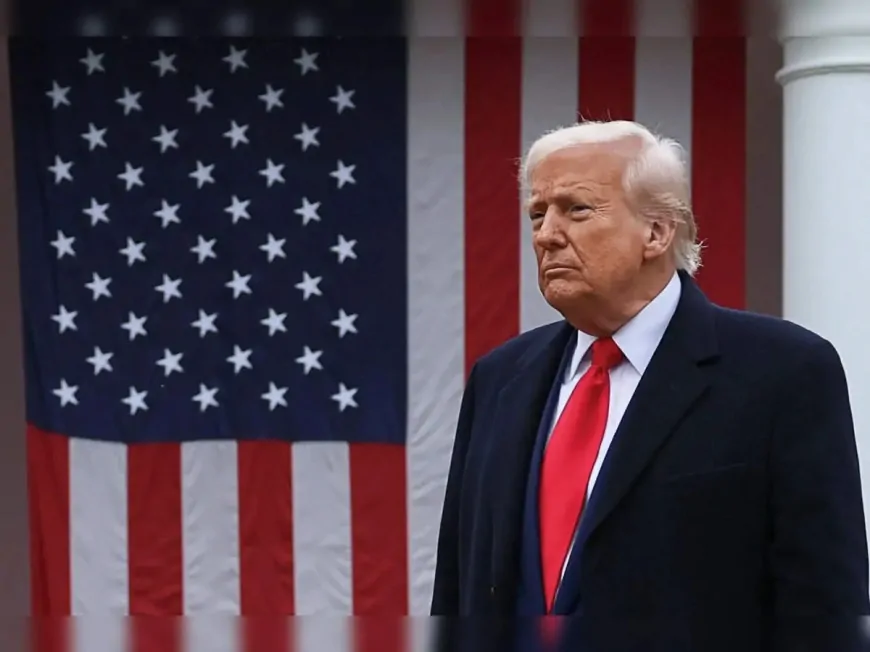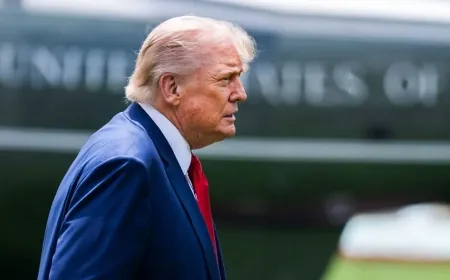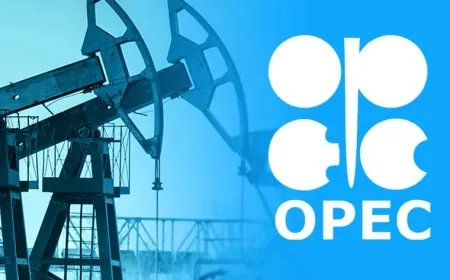U.S. Exempts Oil Imports from New Tariffs to Protect Energy Sector
The U.S. exempts oil, gas, and refined fuel imports from new tariffs, ensuring stable supply and avoiding cost hikes amid broader trade restrictions.

Washington, D.C. – The Biden administration has announced that oil, gas, and refined product imports will not be subject to the latest round of tariffs imposed by President Donald Trump. The exemption comes as part of a sweeping trade policy that places a 10% baseline tariff on all imports, along with steeper duties on certain major trading partners.
The decision comes as a relief to U.S. energy companies and consumers, as industry leaders had warned that tariffs on oil and fuel imports could lead to higher costs and supply chain disruptions. The exemption ensures that crude shipments from Canada and Mexico, the two largest suppliers of oil to the United States, will continue without added financial strain. Additionally, refined fuel imports from Europe, which play a crucial role in supplying the East Coast, will remain unaffected.
Concerns had mounted within the oil industry that additional tariffs could push up costs for refiners that depend on imported crude, particularly in the Midwest and Gulf Coast regions. U.S. refineries process a mix of domestic and foreign crude, and any disruption in imports could have caused price volatility, affecting gasoline and diesel prices for consumers. The East Coast, which has fewer refineries, relies heavily on imported fuel to meet demand, making the exemption a critical factor in maintaining supply stability.
Trump’s decision to implement broad import tariffs has already sparked tensions with major trading partners, with potential retaliatory measures expected from affected countries. However, by shielding energy imports, the administration aims to avoid unintended consequences that could disrupt the energy market. The move reflects a recognition of the vital role imported oil and fuel play in the nation’s economy, ensuring that the U.S. energy sector remains stable despite ongoing trade disputes.
Also Read: Can US Sanctions Really Stop China’s Iranian Oil Imports?































































